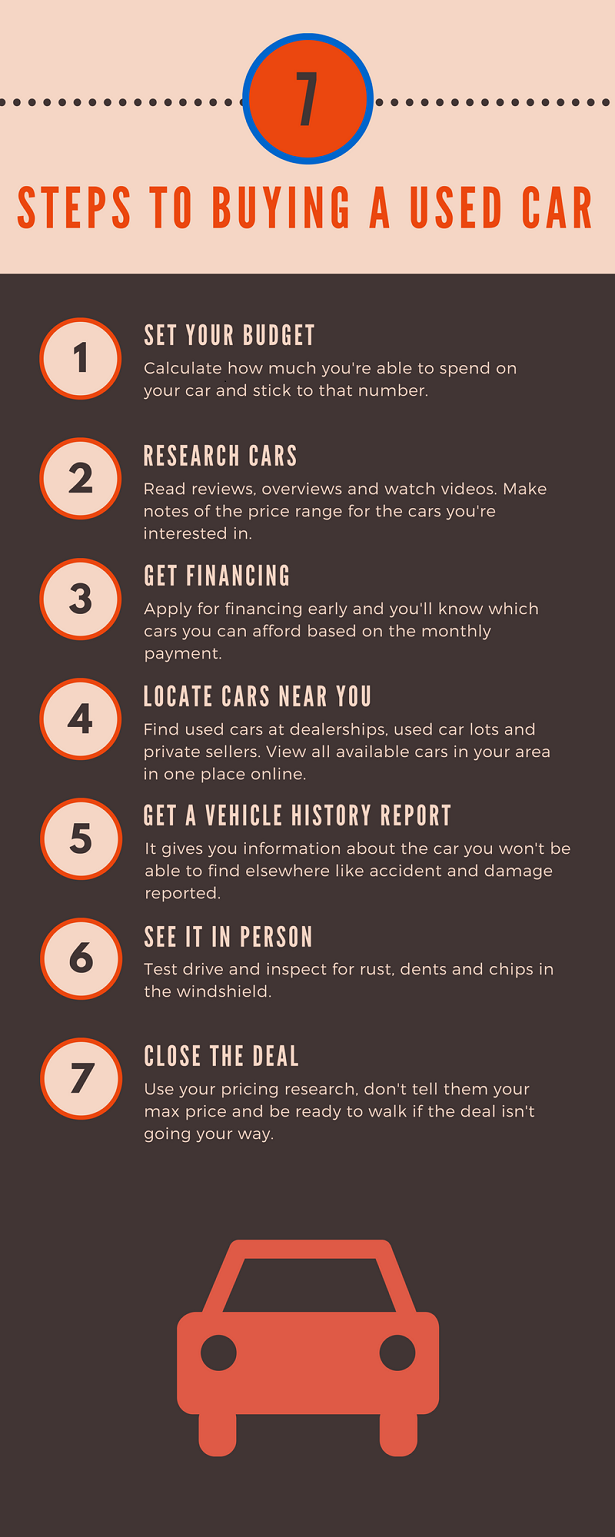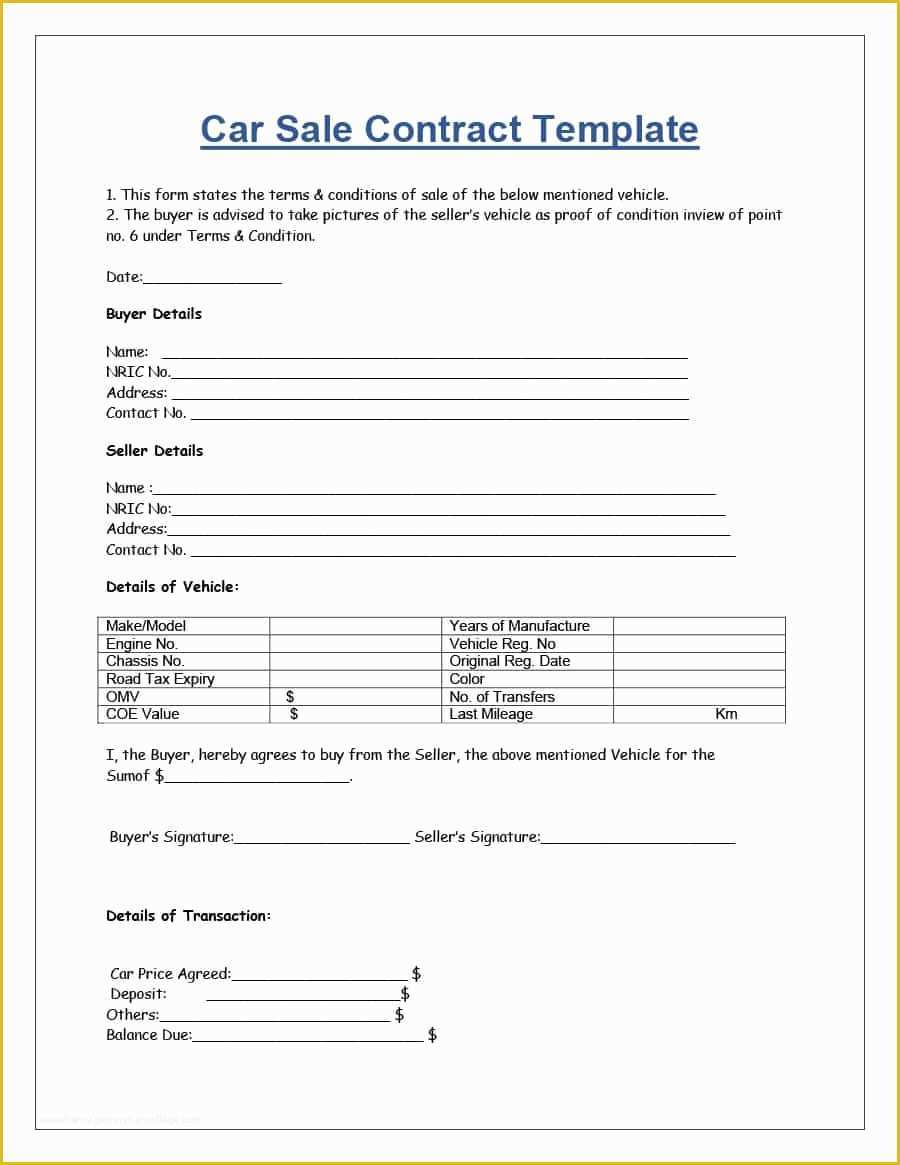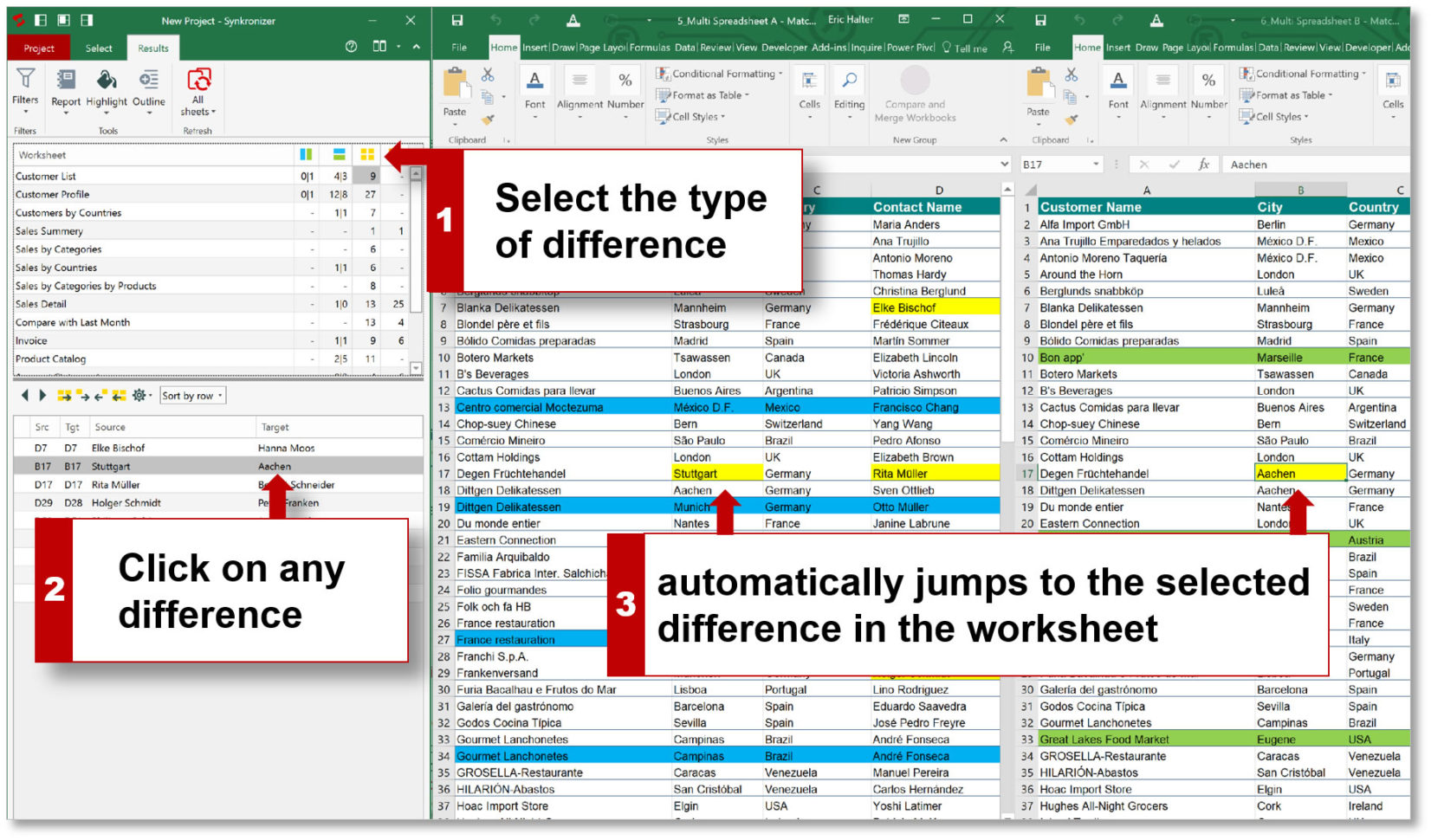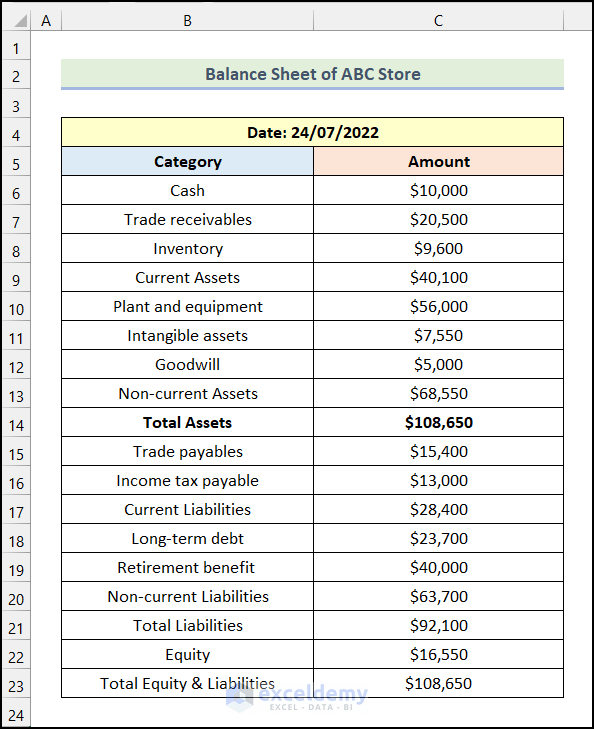Used Car Paperwork: Easy Selling Guide

In an era where buying a used car is becoming increasingly popular due to the financial savvy of consumers looking to maximize their investment, selling a used car can sometimes feel like navigating a bureaucratic maze. Yet, with the right guidance, the paperwork involved in selling a used car can become a seamless process, opening up a world of opportunity for both buyers and sellers. This comprehensive guide aims to demystify the paperwork required to sell your used car effortlessly, ensuring a smooth transition for all parties involved.
Understanding the Required Documents

Before you can legally sell your used car, there are several documents you need to gather. This ensures that the transfer of ownership is legitimate and meets local regulations. Here's what you'll need:
- Title: The certificate of title proves ownership of the vehicle. The name on the title must match yours unless it's a gift or family transfer.
- Bill of Sale: While not always required by law, a bill of sale provides an official record of the transaction between you and the buyer, including the sale price and date.
- Odometer Disclosure Statement: Federal law mandates that the odometer reading be provided in the sale of a car under 10 years old.
- Release of Lien: If your car has an outstanding loan or lien against it, you'll need a release document showing the lien has been paid off or will be paid from the sale.
- Emissions and Smog Test: Depending on your state, your vehicle might require a smog or emissions certification.
- Registration and Tags: You'll need to provide a copy of your current registration and any state-specific requirements for transferring tags or plates.
- As-Is Documentation: An “As-Is” disclaimer releases you from liability for defects after the sale.
Steps to Prepare for the Sale

Selling a used car isn't just about cleaning up the vehicle and setting the right price; preparation also involves a thorough review and organization of all necessary paperwork. Follow these steps:
- Gather Required Documents: Ensure all documents are up-to-date. If any are missing or out of date, now's the time to rectify this.
- Repair Service Records: Keep all service records handy as these can boost the car's value and provide transparency for potential buyers.
- Set Up a File: Organize all documents into a single file or folder. A neatly kept file can leave a professional impression.
- Fill Out the Bill of Sale: Complete a bill of sale including car details, your and the buyer's information, sale price, and date.
- Sign the Title: If the title has a lien, get the release of lien document. Sign over the title to the buyer, ensuring it's correct and notarized if needed.
- Provide Odometer Reading: If your car requires an odometer statement, fill it out accurately.
- Submit All Necessary Forms: Depending on your state, you might need to submit documents to the Department of Motor Vehicles (DMV) or equivalent agency to finalize the transfer.
Ensuring a Smooth Transaction

With the paperwork organized and understood, here are some additional tips to ensure your transaction goes as planned:
- Negotiation Tactics: Have a clear understanding of your car's value to negotiate effectively.
- Create Trust: Being transparent about the car's history can build trust with the buyer.
- Documentation for Tax Purposes: Keep records for tax purposes, as selling a car might have tax implications.
- Protect Yourself: Use secure methods for payments and complete transactions in public, safe locations.
📌 Note: Always check with local DMV or equivalent agency for any state-specific requirements or changes in law regarding vehicle sales.
Handling Special Circumstances

Selling a car can come with unique situations that may require additional steps. Here are some common scenarios:
- Leased Vehicle: If you're selling a leased car, you must work with the leasing company to buy out the lease first.
- Out-of-State Buyers: Some states have regulations for out-of-state sales; ensure you know these before proceeding.
- Gift or Family Transfer: Documenting a gift or family sale still requires the same documentation, but with different tax implications.
🔔 Note: Always transfer the title as soon as possible after the sale to avoid legal issues or further liability.
Moving Forward

After you've successfully sold your used car, there are a few final steps to take:
- Notify your Insurance: Cancel or transfer your auto insurance policy to avoid paying for a car you no longer own.
- Inform your Lender: If there was a loan, ensure the lender is informed and that funds from the sale are properly allocated.
- Notify the DMV: In some areas, you must notify the DMV that you've sold the car, especially if the plates are staying with you.
Preparing for the sale of a used car involves not just cleaning the vehicle but also organizing and understanding the paperwork involved. By following this guide, you can streamline the process, making it less daunting for both you and potential buyers. With the right preparation, selling a used car can be an effortless experience, leaving both parties satisfied with the transaction.
Frequently Asked Questions

What documents are required to sell a used car?

+
You need the title, bill of sale, odometer disclosure statement, release of lien, emissions/smog test (if applicable), and current registration and tags documentation.
Is a bill of sale necessary for selling a used car?

+
It’s not always legally required, but it provides an official record of the sale and can be helpful in case of disputes or for tax purposes.
Can I sell a leased vehicle?

+
Yes, you can, but you must first buy out the lease through the leasing company before proceeding with the sale.



